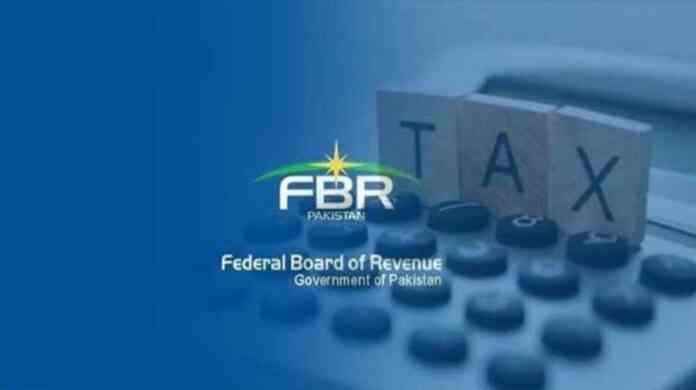Islamabad, October 31, 2025 – In a major breakthrough for Pakistan’s digital tax enforcement, the Federal Board of Revenue (FBR) has identified over 200 corporate cases through an Artificial Intelligence (AI)-driven audit selection system, marking a milestone in the country’s tax modernization drive.
According to an official report, the initiative is part of FBR’s sweeping reform agenda led by the Transformation Delivery Unit (TDU) — established in October 2024 to drive innovation, transparency, and efficiency across the taxation ecosystem.
AI-Driven Audit Revolutionizes Tax Monitoring
The FBR confirmed that its newly deployed AI-powered audit tool for corporate sales and income tax has already flagged cases valued at PKR 13.3 billion, signaling a data-driven shift in how tax irregularities are detected and addressed.
Officials said the system uses predictive analytics, machine learning models, and cross-database matching to automatically select high-risk corporate entities for audit — eliminating human bias and significantly reducing collusion risk.
“The AI audit engine is enabling smarter, faster, and fairer detection of tax discrepancies,” an FBR spokesperson said, adding that the system is part of a broader digital enforcement framework designed to improve compliance and revenue integrity.
Early Reforms Yield Tangible Results
The FBR’s Transformation Delivery Unit (TDU) has already delivered impressive outcomes under its reform strategy:
• 47% rise in tax collection from the sugar sector (PKR 12.4 billion increase) between December 2024 and February 2025.
• PKR 9.8 billion in fraudulent sales tax claims blocked through advanced data analytics.
• Faceless assessment introduced to curb importer-officer collusion, cutting average clearance time by 80% and lifting revenue collection by 13%.
• Full POS integration completed for restaurants across all four provinces, enhancing digital transparency and real-time reporting.
Structural Overhaul and Digital Empowerment
To further strengthen oversight, the FBR has restructured the Directorate of Intelligence, trimming officer strength from 563 to 100, while establishing a new PRAL Board — the digital backbone of the FBR — to accelerate the rollout of advanced analytics and AI applications.
“The results show how digital transformation and AI can reshape Pakistan’s tax system,” said a senior tax official. “This is just the beginning of a smarter, data-driven compliance era.”
Experts believe the successful AI audit deployment could redefine corporate accountability in Pakistan, paving the way for automated, corruption-free auditing and record tax recovery in fiscal year 2026.
